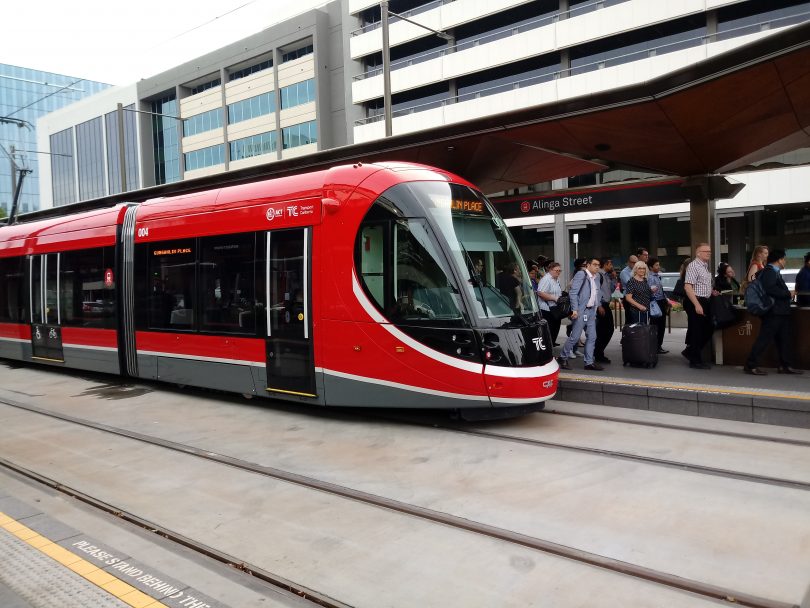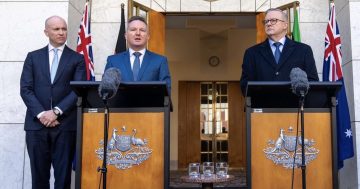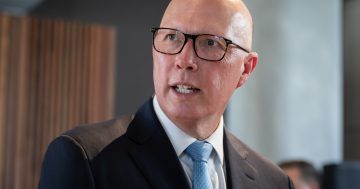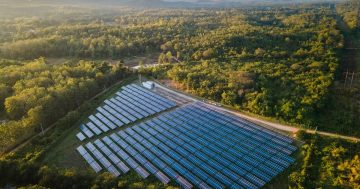
Light rail should be fast-tracked as part of a national infrastructure effort. Photos: File.
Prime Minister Scott Morrison’s avowed new pragmatism will be put to the test when the Federal Budget finally comes down in October but the signs aren’t good.
The PM has been praised for his stewardship during the COVID-19 crisis, and particularly for eschewing ideology as the government continues to extend support to Australians impacted by the restrictions designed to keep us all safe.
Gone is the carping about debt and deficit, and the rewriting of history to tarnish Labor’s internationally recognised textbook response to the 2008 global financial crisis as the government presides over record spending to ameliorate the effects of the economic shutdown and the depression we now face.
Even its financial hard man Senator Mathias Cormann has responded: ”What else would you have us do?”
But when the numbing numbers were rolled out last week in the Budget update, missing was any hint of what the government had in mind for regrowing the economy.
Instead, it almost reverted to type, talking about more labour market flexibility to help business and, of course, tax cuts, despite the COVID-19 situation in Victoria where the casualisation of the workforce and the gig economy has exposed the state when it needed to close down to contain the virus.
The fact is workers without sick leave can’t afford to stay home.
That came after the federal government reimposed mutual obligation conditions on people receiving the now-reduced JobSeeker payment, echoing its indulgence of employer rumours about workers knocking back shifts and insisting the ”leaners” needed an incentive to find a job that is supposed to be out there waiting for them.
Despite most economists dismissing tax cuts, especially for the well-off as an option to prime the economy in the current hemorrhagic circumstances, the government says they are still in the toolkit.
It’s time for government to stop throwing money at people who don’t need it.

Will a newly pragmatic PM choose the big picture?
If anything, the coronavirus crisis and the response has laid bare the poverty of the economic ideology that has dominated government thinking for decades, no matter which party has been in power.
It has also provided a pause for reflection about what is really important and confirmed that there is such a thing as a society and a community, and they are worth preserving.
With private sector investment falling, including in such staples as housing, and predicted to slump even further next year, it’s government that is going to have to come to the party, if recovery is to be swift.
With money so cheap, this is the time to build the infrastructure we have been told we could not afford and add much-needed assets to the nation’s bottom line to be paid for over succeeding generations who will benefit from them as well, as was previously practised before the neo-liberals convinced us otherwise.
This is a time for strategic public investment in transport, renewable energy, housing and communications, including fixing the NBN.
In the ACT, public and social housing, light rail and the national cultural institutions are obvious areas.
It’s also the time to reimagine Australia as a place where we actually make things, given the new risks of our relationship with China and how easily trade routes can be disrupted.
COVID-19 has exposed the frailties and limits of the service economy and serious thought should be given to where we need to develop self-sufficiency.
Then there is climate change. Surely this government which has relied so heavily on the science to steer us through COVID-19, can acknowledge the predicament the world is in and start repositioning the nation for a post-carbon world.
But again, the signs aren’t good on this issue if its idea of a climate policy is swapping king coal for big gas, the mirage of storing CO2 underground and more prescribed burning to stop bushfires.
The advice is always to never let a good crisis go to waste. This is as good as it gets.





















